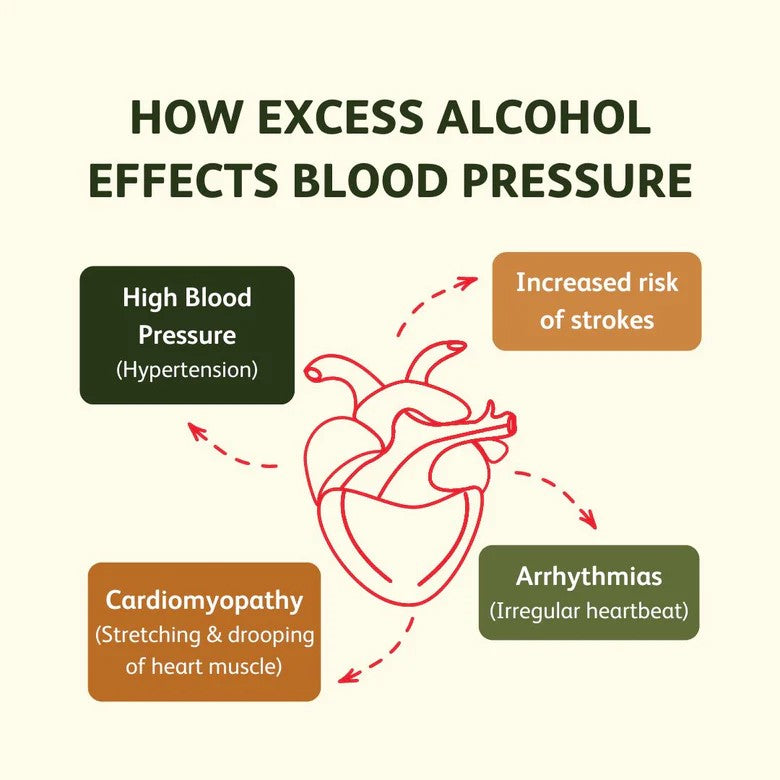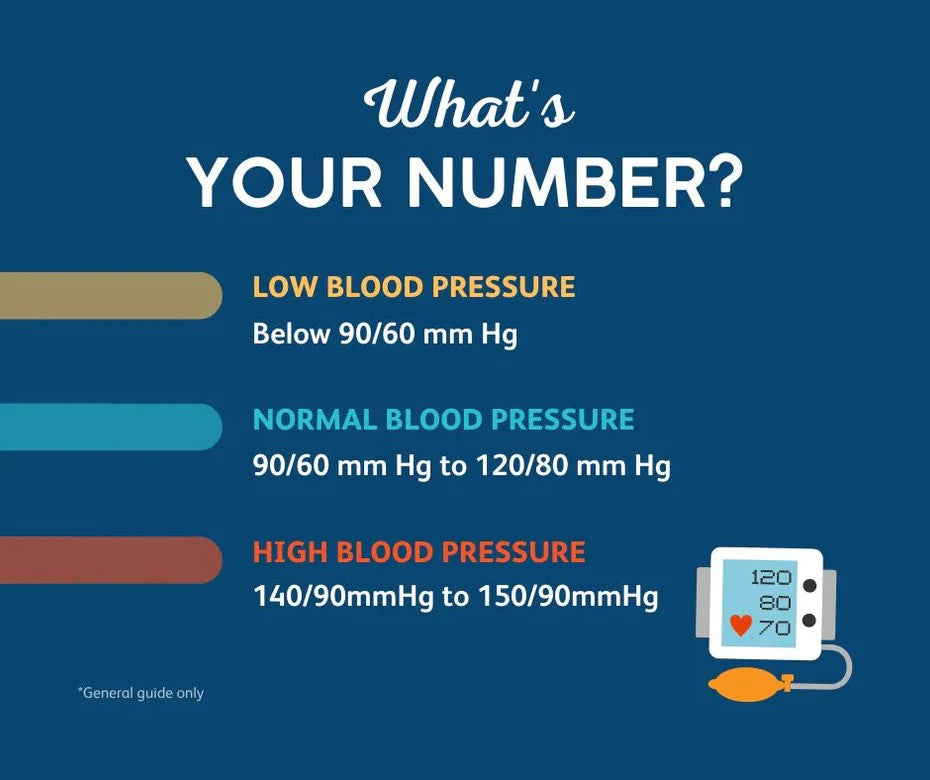Other Blood Pressure Services:


Alcohol and Blood Pressure: The Impact
Drinking alcohol can cause a temporary rise in blood pressure, and over time, regular or heavy drinking can lead to longer-term increases.
This puts extra strain on the heart and blood vessels, raising the risk of serious health issues like heart disease or stroke.
Alcohol can also affect how the body regulates blood pressure and may contribute to weight gain, which can make things worse.
Cutting back on alcohol or sticking to recommended limits can help keep blood pressure in check and support overall heart health.

Possible Referral to your GP and Diagnosing Hypertension
Following a blood pressure screening consultation at McCabes Pharmacy, one of our pharmacists will interpret the results and advise you on whether you need to be referred to a medical professional such as your GP. If your blood pressure is outside the recommended range on the day of the reading, to confirm a diagnosis of hypertension you will be referred to visit your GP for further evaluation.
Your GP may suggest that you wear a 24-hour blood pressure monitor. This is a device that is fitted carefully and left on so that your blood pressure is measured for a full 24-hour cycle. The device then generates data that will allow your GP to analyse the times of the day when your blood pressure may have been elevated and when normal blood pressure numbers were produced.


